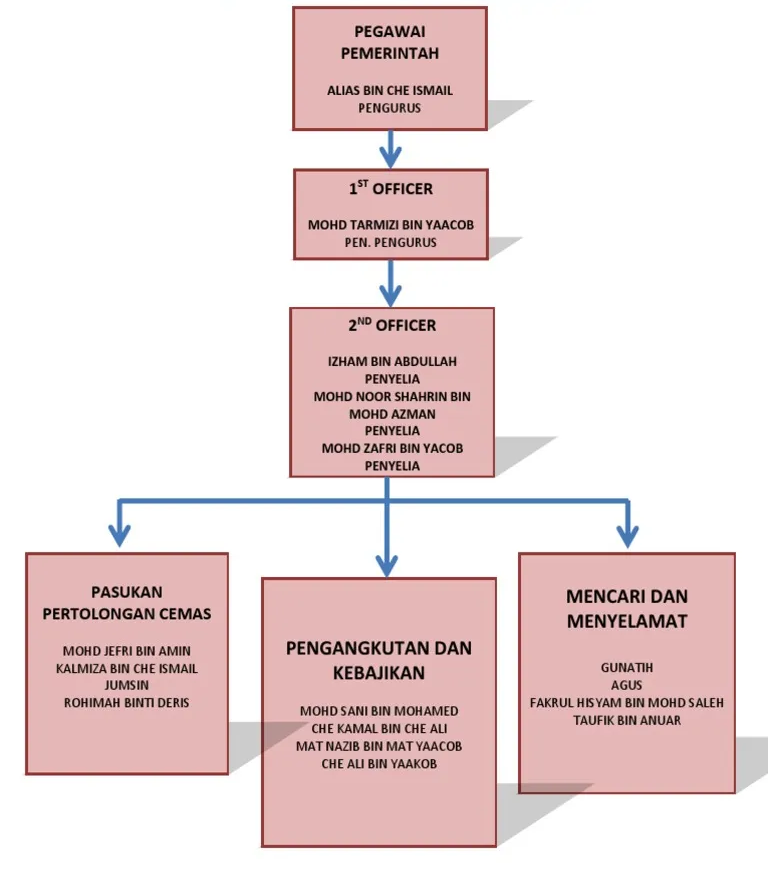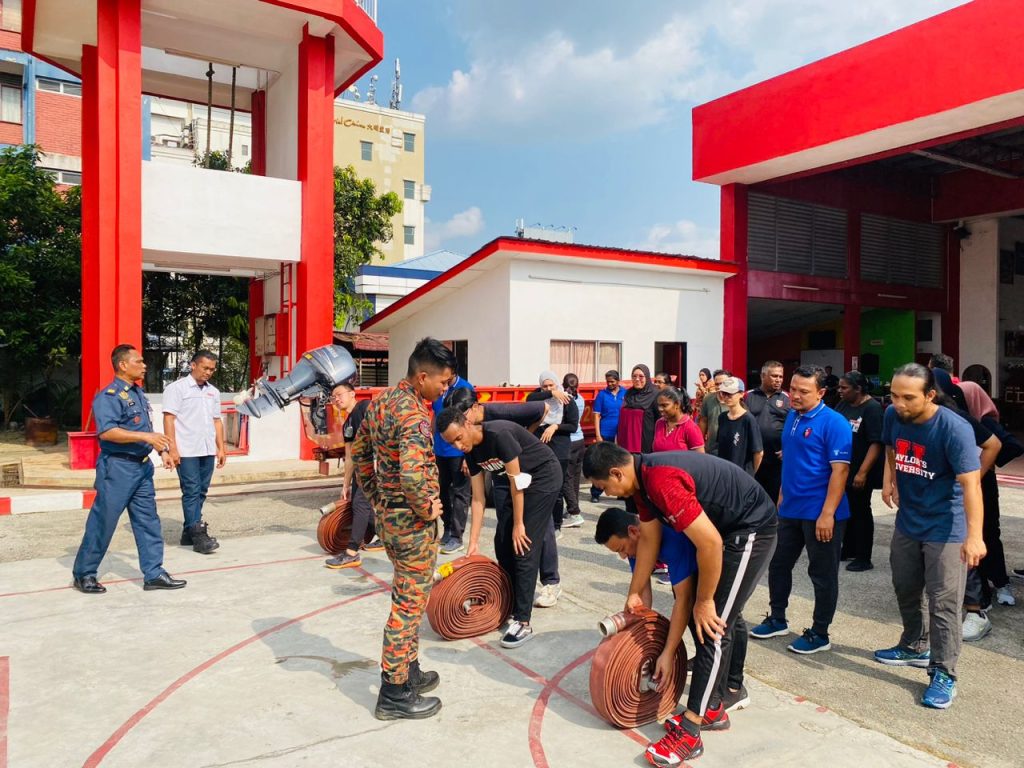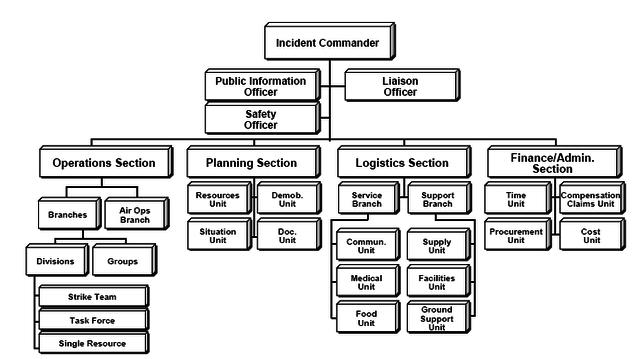Building an Effective Emergency Response Team for Industries
Having a well-prepared and capable emergency response team is essential for industries to effectively respond to various emergency situations. This article focuses on the key aspects involved in preparing a great emergency response team for industries and highlights the importance of their role in ensuring the safety of personnel and minimizing the impact of emergencies.
Identifying Key Roles and Responsibilities of Emergency Response Team

The first step in building an effective emergency response team is to identify key roles and responsibilities. Designate individuals for positions such as Incident Commander, Medical First Responder, Communications Coordinator, Safety Officer, and Evacuation Coordinator. Clearly define their roles and responsibilities to ensure a coordinated and efficient response during emergencies.
Providing Comprehensive Training

Comprehensive training is crucial for emergency response team members. They should receive training on various emergency scenarios, such as fires, chemical spills, natural disasters, or medical emergencies. This training should include first aid and CPR, hazard recognition, emergency communication protocols, evacuation procedures, and the proper use of emergency equipment.
Conducting Regular Drills and Exercises
Practicing emergency response through regular drills and exercises is vital to assess the team’s readiness and identify areas for improvement. Simulate different emergency scenarios and evaluate the team’s response, communication, coordination, and decision-making abilities. These drills help familiarize team members with their roles, build confidence, and enhance their ability to handle emergencies effectively.
Establishing Effective Communication Channels
Effective communication is the backbone of any emergency response team. Establish clear communication channels, both within the team and with external stakeholders and emergency services. Utilize radios, designated communication points, or other reliable means to ensure quick and accurate information exchange during emergencies.
Collaborating with External Resources
Emergency response teams should establish relationships and protocols for collaborating with external resources, such as local emergency services, hazardous materials response teams, or medical personnel. Foster partnerships, conduct joint training exercises, and establish clear communication protocols to ensure seamless coordination during emergencies that require external assistance.
Ensuring Adequate Equipment and Resources
Equip the emergency response team with the necessary tools and resources to effectively carry out their duties. This includes providing personal protective equipment, first aid kits, fire extinguishers, emergency lighting, evacuation maps, and any specialized equipment relevant to the industry. Regularly inspect and maintain equipment to ensure functionality when needed.
Establishing an Incident Command System

Implement an Incident Command System (ICS) to provide a structured framework for managing emergencies. The ICS establishes a clear chain of command, defines roles and responsibilities, and facilitates efficient coordination among team members. This system ensures effective decision-making, resource allocation, and incident management during emergencies.
Evaluating and Updating Emergency Response Plans
Regularly review and update emergency response plans based on lessons learned from drills, exercises, and real incidents. Consider feedback from team members, incorporate new industry best practices, and adapt plans to address evolving risks and challenges. This iterative process ensures that the emergency response team is well-prepared for various scenarios.
The conclusion is building an effective emergency response team is crucial for industries to handle emergencies and protect lives and assets. By identifying key roles, providing comprehensive training, conducting regular drills, establishing effective communication, collaborating with external resources, ensuring adequate equipment, implementing an Incident Command System, and continually evaluating and updating emergency response plans, industries can create a well-prepared and capable emergency response team. This investment in preparedness enhances safety, minimizes the impact of emergencies, and promotes a culture of safety within the organization.
Join FERA Training Center to build you own Emergency Response Team by click the link: https://fera.com.my/register-now/
Stay updated with the latest tips, training insights, and company updates by connecting with us:
📘 Facebook: https://www.facebook.com/feratrainingcenter
📸 Instagram: https://www.instagram.com/feratrainingcentre/
🎥 TikTok: https://www.tiktok.com/@feratrainingcenter
💼 LinkedIn: https://www.linkedin.com/company/77140005/admin/dashboard/
📲 Telegram: https://t.me/feratrainingcenter2025